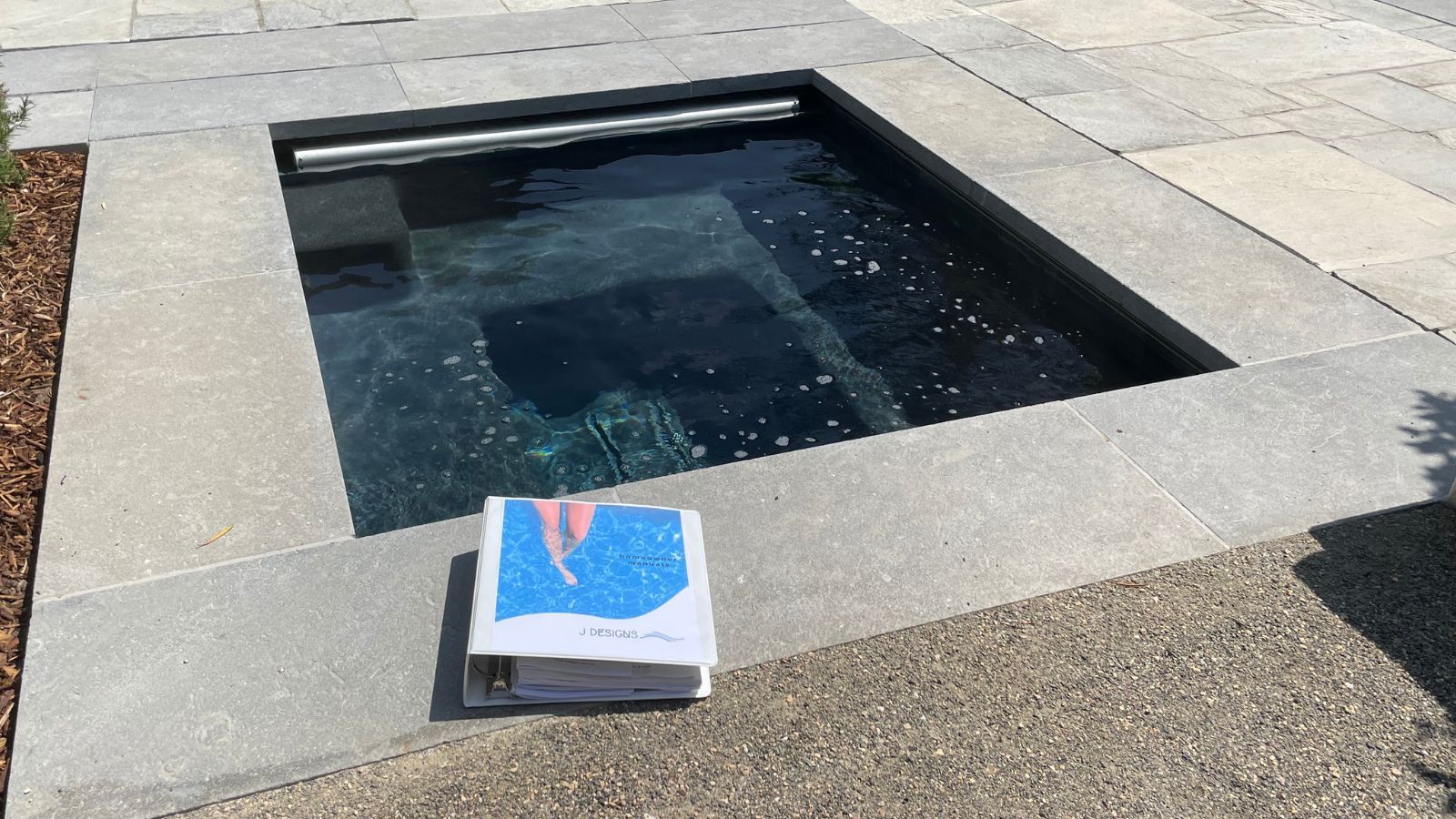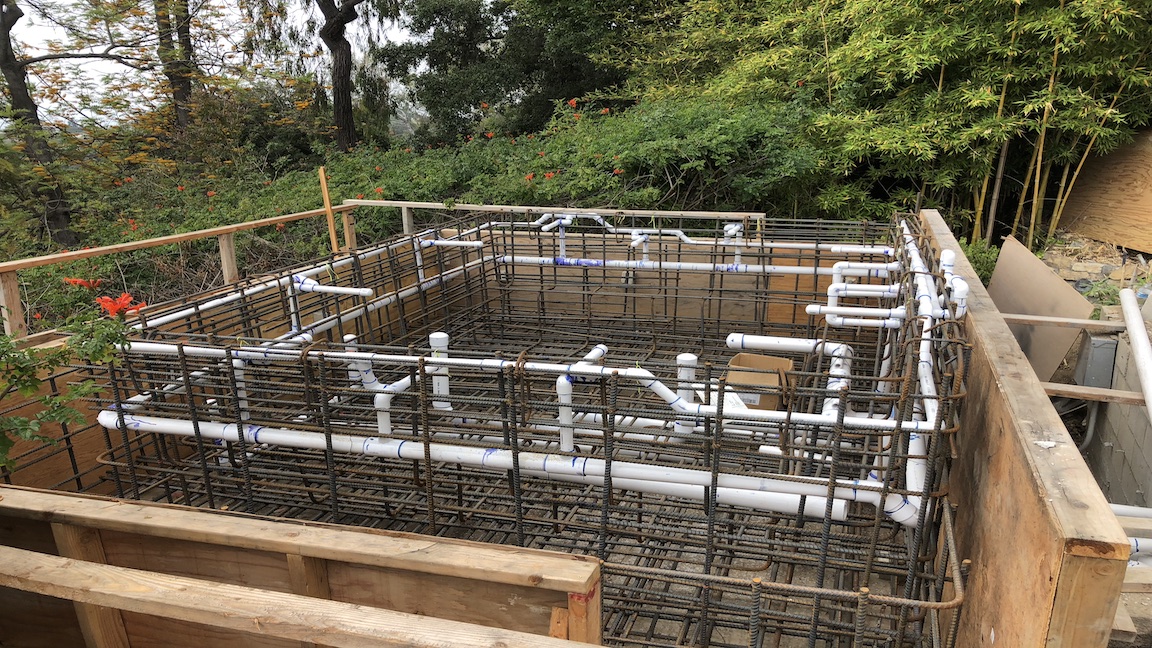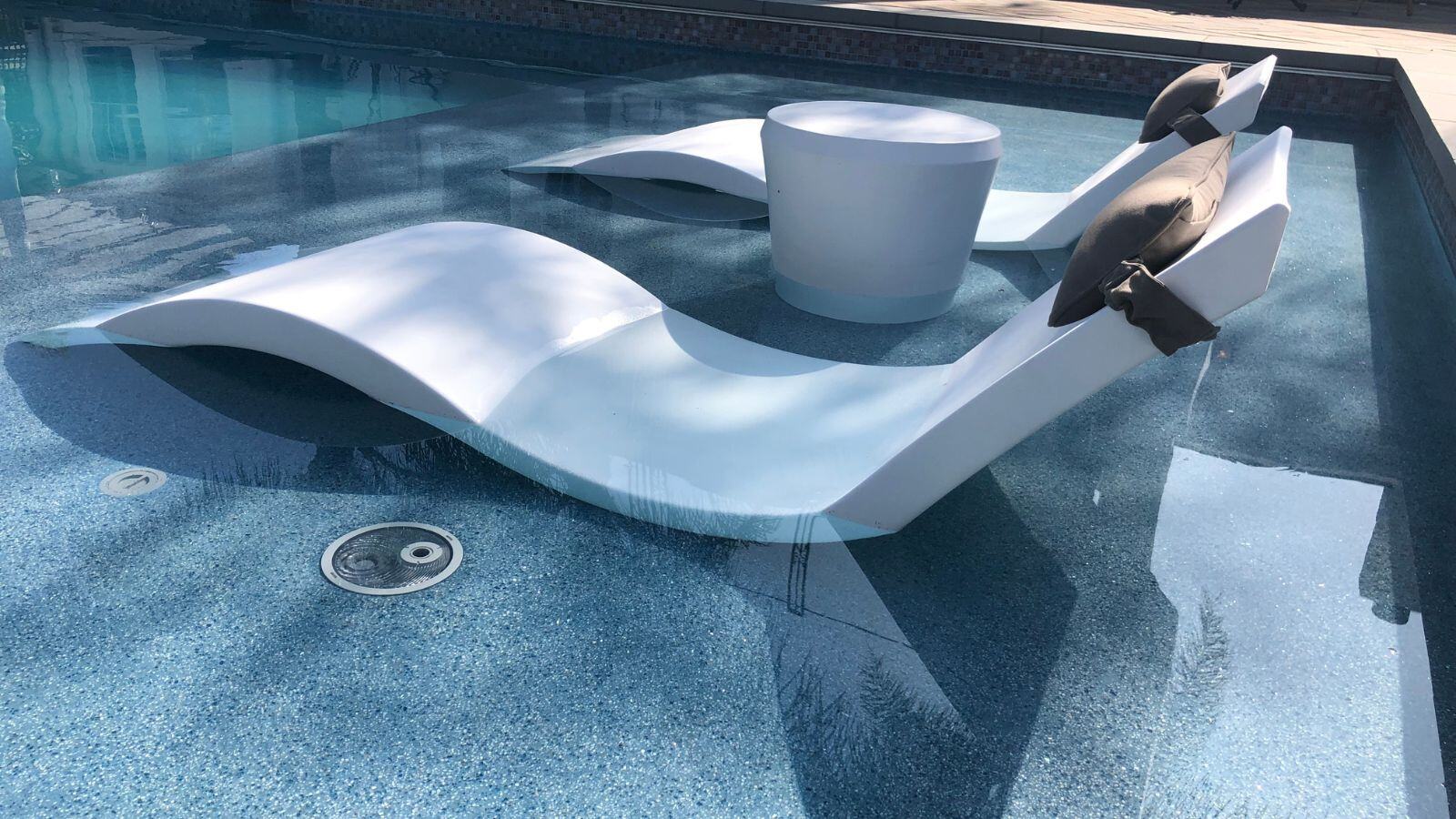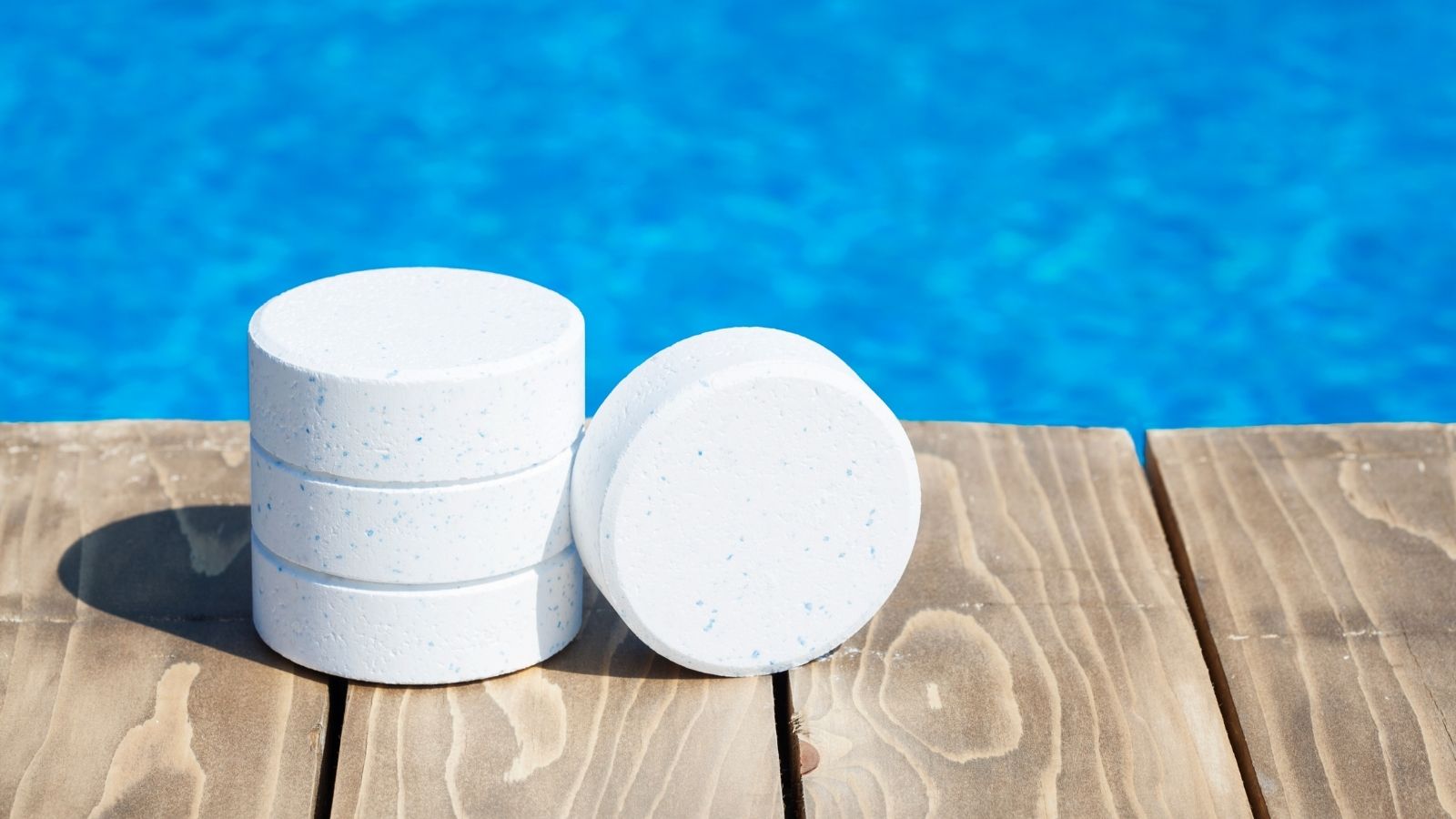When to Upgrade Your Pool Plumbing (Why 1-Size-Fits-All Designs Fail)
You wouldn’t power a modern luxury car with a 1980s engine. It might run, but not well. It would guzzle fuel, struggle under load, and eventually...
4 min read
JC Escudero : Updated on July 29, 2025

If you’re shopping for a new swimming pool or replacing equipment like pumps or heaters, you’re probably wondering what’s actually covered—and what’s not. Warranties can feel like a maze of legal jargon, with some covering just parts, others labor, and many voided altogether if not installed “correctly.” Add in energy rebates and California consumer protections, and the process gets overwhelming fast.
Since 2008, at J Designs, we’ve helped hundreds of California homeowners navigate pool warranties, utility rebate systems, and state-level legal protections. We regularly install Hayward, Pentair, and Jandy equipment, and guide clients through warranty activation, registration, and professional installation protocols—so they're protected, not surprised.
In this article, you’ll learn exactly what’s covered (and what’s not) by the top manufacturers, what your legal rights are as a California homeowner, in addition to how to claim valuable rebates on energy-efficient equipment. We’ll also give you real-world tips to avoid the most common—and costly—mistakes pool buyers make.
A pool warranty is a safety net—if you know how to use it. But not all warranties are created equal. Some cover only parts. Others include labor. Some are automatically voided if installation instructions aren’t followed or the product is purchased online. A professional pool builder like JDesigns can help.

Equipment vs. Parts vs. Labor – Are You Covered for Repairs and Installation?
Wearables – Items like seals and O-rings often have minimal or no coverage.
Implied vs. express warranties – One is automatic by law, the other is what’s written in your contract.
Additionally, verbal warranties may be enforceable; therefore, contractors should always provide a clear and comprehensive warranty package to avoid misunderstandings.
Transferable Warranties – Can Coverage Move with the Home Sale?
This matters if equipment is upgraded before a home sale, and new buyers expect continued coverage.
Pro Tip: Review the manufacturer's warranty documents and discuss them with your contractor before making a purchase. Factory-trained technicians often handle service independently, and poorly written contracts can leave you with zero coverage.
Most manufacturers require product registration to activate warranties, especially for bundled systems.
Internet purchases are typically excluded from warranty coverage.
If you buy online, you may be required to return large equipment (such as a 200-lb heater) to the seller, even if it’s defective, assuming they accept returns at all.
Pro Tip: Most licensed contractors will not install or service equipment purchased online. In California, these installs often require certified trades (electricians, plumbers) for safety code compliance and liability reasons.

Improper installation or skipped steps in the manual
Salt damage or poor chemical maintenance
Environmental corrosion or natural wear
Missing documentation or serial number registration
Even small oversights can void coverage—and worse, improperly installed equipment can damage other parts of your system, turning a small issue into a major one.
Here’s how the top three manufacturers stack up:
“Totally Hayward” program: 3–5 years on pumps, heaters, filters (must be installed by a certified dealer)
Heat exchangers: Up to 10 years
Wearables: 30–90 days
Online purchases: Not covered
Registration: Required

Standard coverage: 60 days unless bundled
Bundled systems: 3-year parts + labor
Transferrable: Yes, as of 2023
Professional installation: Required
Default: 1-year coverage
VS pumps, automation, lights: Up to 3–5 years
Heat exchangers: 5 years if properly maintained
Online or non-pro installs: Not covered
Pro install + registration: Required
Pro Tip: Only purchase pool equipment from a licensed, certified installer to unlock and preserve full warranty protection.
* These warranties are displayed on the manufacturers' websites. J Designs can not certify that they are current based on each manufacturer's policies at the time we published this article. We recommend verifying the equipment in question before registration or making a claim.
Manufacturer warranties do not cover installation or craftsmanship—that’s the builder’s responsibility.

Pool shell (structural issues or major cracking)
Tile installation (not the tile material itself)
Decking – especially concrete, which may crack or lift with soil conditions
Interior finishes – tile, plaster, pebble, quartz
Note: Small “shrinkage cracks” (concrete or plaster) are considered normal, not a defect.

1 year for workmanship, unless otherwise stated in your contract
All issues should be documented in writing and reported quickly
Pro Tip: Reputable builders often provide a binder or digital library of warranty documents, manuals, and contact info to streamline your service needs.

Written contracts for work over $500
Down payment limit: 10% or $1,000 (whichever is less)
Cancellation window: 3–5 business days after signing
All warranties must be written and explained
| Warranty Type | Coverage Duration |
|---|---|
| Fit & Finish (tile, plaster) | 1 year |
| Workmanship / visible issues | 2–4 years |
| Structural/latent defects | Up to 10 years |
Even if your contractor doesn’t mention them, these rights are yours by law.
* Consult the California State Licensing Board website, as some information may have changed or been updated.
Don’t skip product registration—this often voids coverage
Never buy major equipment online, especially Jandy or Hayward
Keep a binder of receipts, serials, and documentation
Choose bundled systems for stronger warranties
Always use certified installers recognized by the manufacturer
Many California utility companies offer rebates for energy-efficient pool upgrades.
Variable-speed pumps (VSPs)
High-efficiency heaters
Smart automation systems
Visit your local utility provider's site or EnergyStar.gov
Confirm your product is rebate-eligible
Submit receipts, installation documentation, and serial numbers
Apply early—rebates often expire or run out
Some utilities offer instant rebates when working with preferred installers.
Pitfall: “I thought my pool light was covered.”
→ Most lights have 1-year or less coverage; seals are often excluded.
Pitfall: “I didn’t know I had to register my filter.”
→ No registration = no coverage, even with receipts.
Pro Tip: Keep all warranty-related paperwork—contracts, change orders, photos, and serials—in a single digital folder or binder. If you need to file a claim, you’ll have everything ready.
![Copy of [TEMPLATE] Vertical Blog Visual (2)](https://www.jdesigns.com/hs-fs/hubfs/1New%20Website/Blog%20-%20Visual%20Assets/Warranty%20blog/Copy%20of%20%5BTEMPLATE%5D%20Vertical%20Blog%20Visual%20(2).jpg?width=239&height=319&name=Copy%20of%20%5BTEMPLATE%5D%20Vertical%20Blog%20Visual%20(2).jpg)
How pool warranties work (and what they don’t cover)
The differences between Hayward, Pentair, and Jandy protection plans.
What your legal rights are under California’s CSLB
How to take advantage of utility rebates
And what to avoid during the buying and installation process

Next, read: Best Variable Speed Pool Pumps Compared: Pentair vs. Hayward vs. Jandy.
At J Designs, we’re more than builders—we’re your advocates. Since 2008, we have helped clients navigate warranties and submit energy rebate forms. Our mission is to help you build smarter, safer, and with confidence.

You wouldn’t power a modern luxury car with a 1980s engine. It might run, but not well. It would guzzle fuel, struggle under load, and eventually...

Ever found yourself endlessly scrolling for the perfect pool chair, only to realize you just spent your entire lunch break comparing towel racks?

Conditioner in Pools (CYA) Does your chlorine seem to disappear faster than it should, even when you’re adding it regularly? Are you trying to...